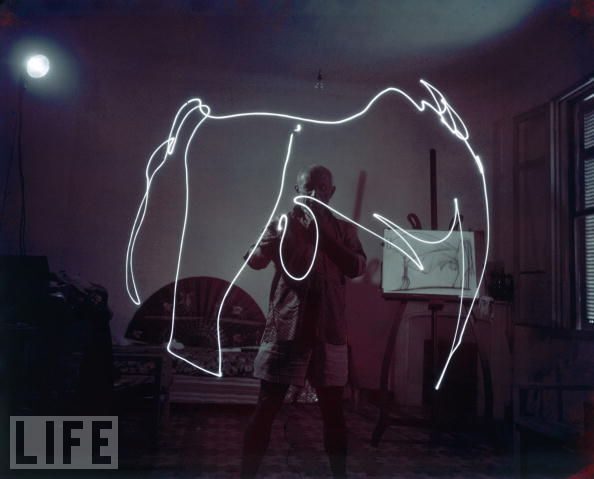Posted by kari.petroschmidt

People don’t typically conceive of starting up as a craft or Art. Writing, yes. Design, yup. Fine Arts, of course. But starting a business is in the realms of dry, dull management. And true, starting up does involve some grind work. Like just about anything. But it also provides you with an autonomy you often can’t get through being an employee, as well as eventually allowing you to reap the benefits of the enterprise without having to work at all (assuming your business reaches that stage). Both of which can be extremely conducive to providing you with the time/resources to focus on your craft/Art.
Arjun Haszard makes his coffee liqueur, Quick Brown Fox, by hand. He is involved in the production of every batch and has been personally a part of the product’s development. He considers this a craft, the liqueur something he’s grown to understand more over time.
The same can be said of coding. Alex Dong calls himself a ‘programming artist’, his webpage quoting Don Knuth, “When we prepare a program, it can be like composing poetry or music; … programming can give us both intellectual and emotional satisfaction, because it is a real achievement to master complexity and to establish a system of consistent rules.”
Any craft/Art can be coupled with starting up. If you’re a writer, artist or designer, you can be your own business – work freelance and be your own dealer. Start a project, a company, a gallery, a magazine, a music label, anything.
But there is a gap there – creativity as compared to ‘management’. The craft/Art versus the necessary day-to-day running of the operation – phone calls, emails etc. Andrew Wallace asserted last week at Getting Creative that creative people shouldn’t be expected to be involved in Management – that the two entities should remain distinct. That’s why we have teams – different people can do different things. But I would contend that it’s extremely rare for a person to simply be able to ‘create’ without needing to do any grunt work whatsoever. Emails need to be sent, phone calls returned, logistics organised. So long as you make sure the operations and the minutiae don’t cause you to lose sight of the vision, that’s the main thing. Expect it. Deal with it. But don’t let it overwhelm you or cause you to flounder creatively.
Some final thoughts on your craft/art…
I love this video. Essentially on storytelling but some interesting thoughts on working and Art. Essentially, we get into our craft/art, whatever it is, because we love it. We have a taste for it. And so the work we produce within this craft continues to disappoint us; our taste being better than what we are initially capable of. And so we have some sage advice – get prolific;
“Nobody tells this to people who are beginners… All of us who do creative work, we get into it because we have good taste. But there is this gap. For the first couple years you make stuff, it’s just not that good. It’s trying to be good, it has potential, but it’s not. But your taste, the thing that got you into the game, is still killer. And your taste is why your work disappoints you…
…A lot of people never get past this phase, they quit. Most people I know who do interesting, creative work went through years of this. We know our work doesn’t have this special thing we want it to have. We all go through this. And if you’re just starting out, or you are still in this phase, you gotta know its normal and the most important thing you can do is do a lot of work. Put yourself on a deadline so that every week you will finish one story. It is only by going through a volume of work that you will close that gap, and your work will be as good as your ambitions. And I took longer to figure out how to this than anyone I’ve ever met. It’s gonna take awhile. It’s normal to take awhile. You’ve just gotta fight your way through.”